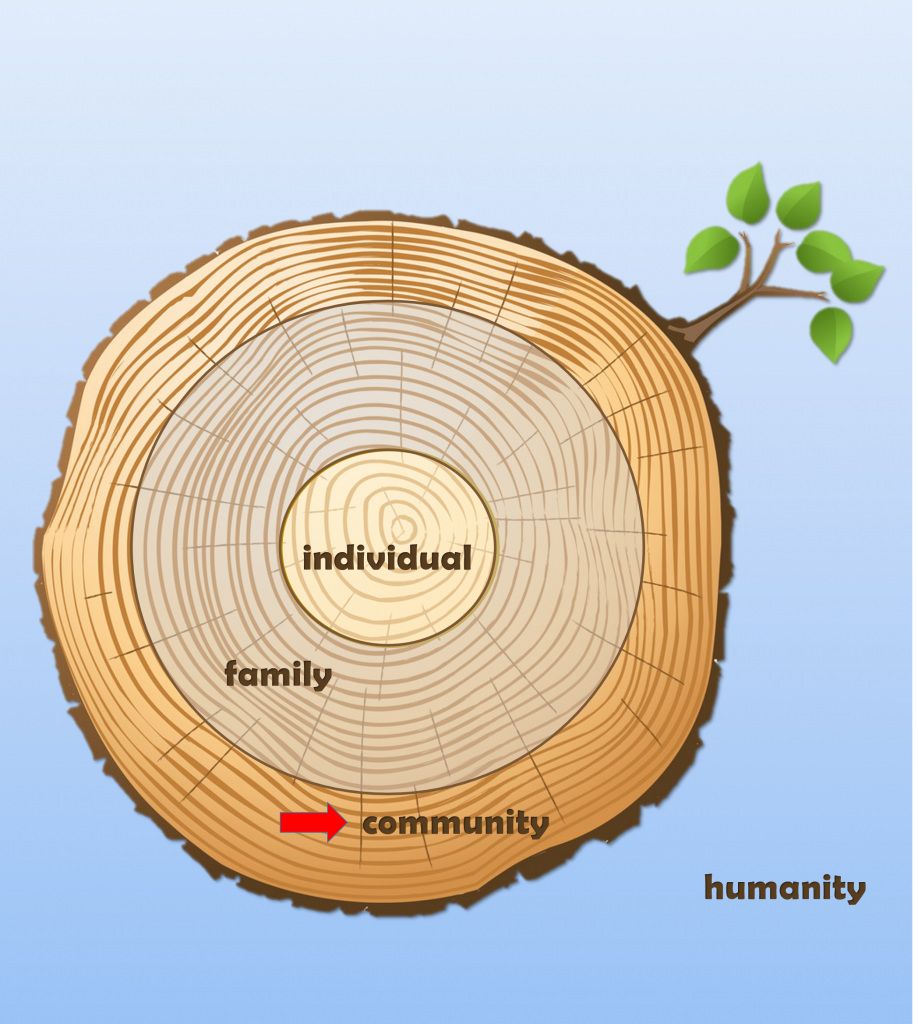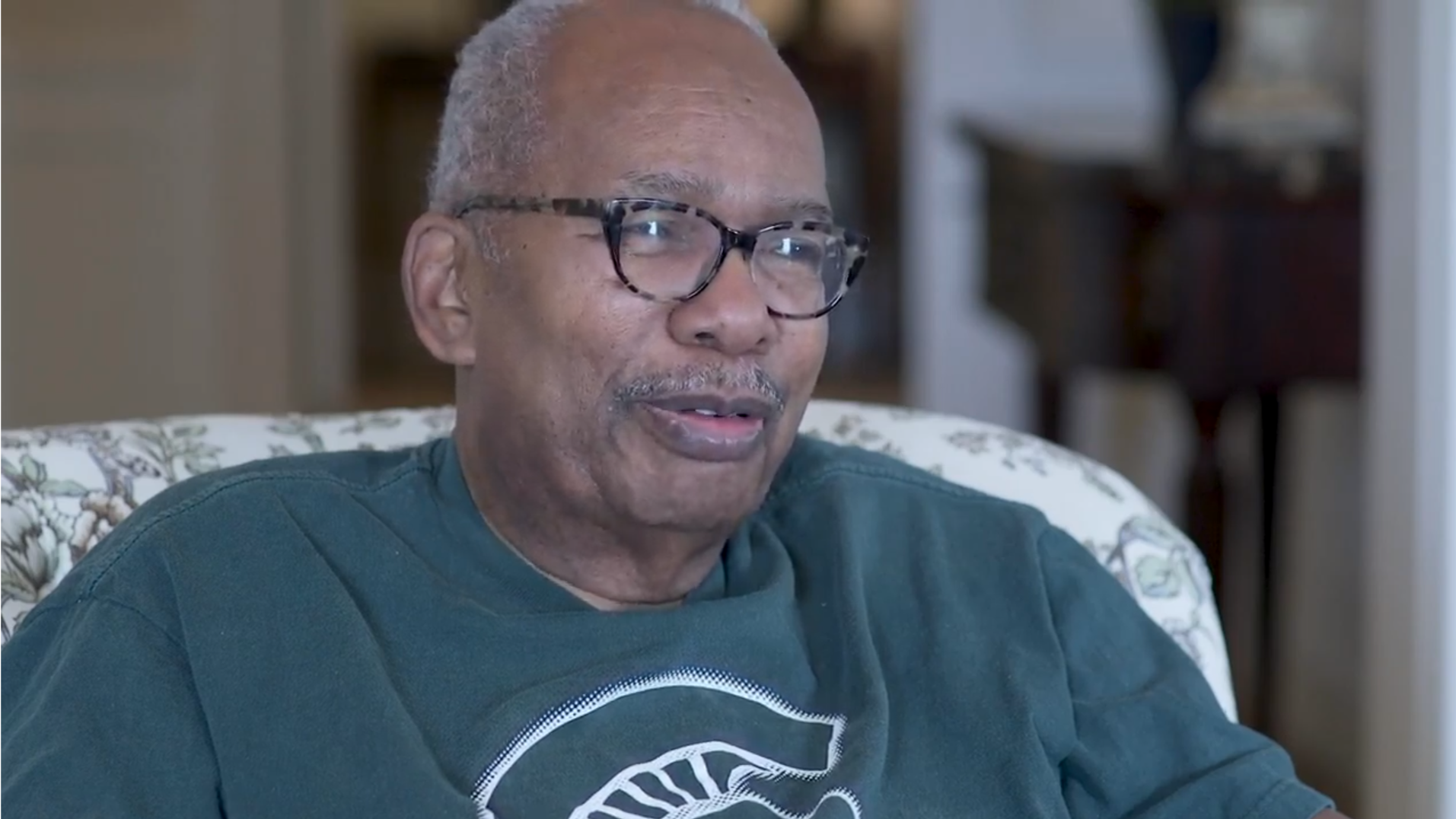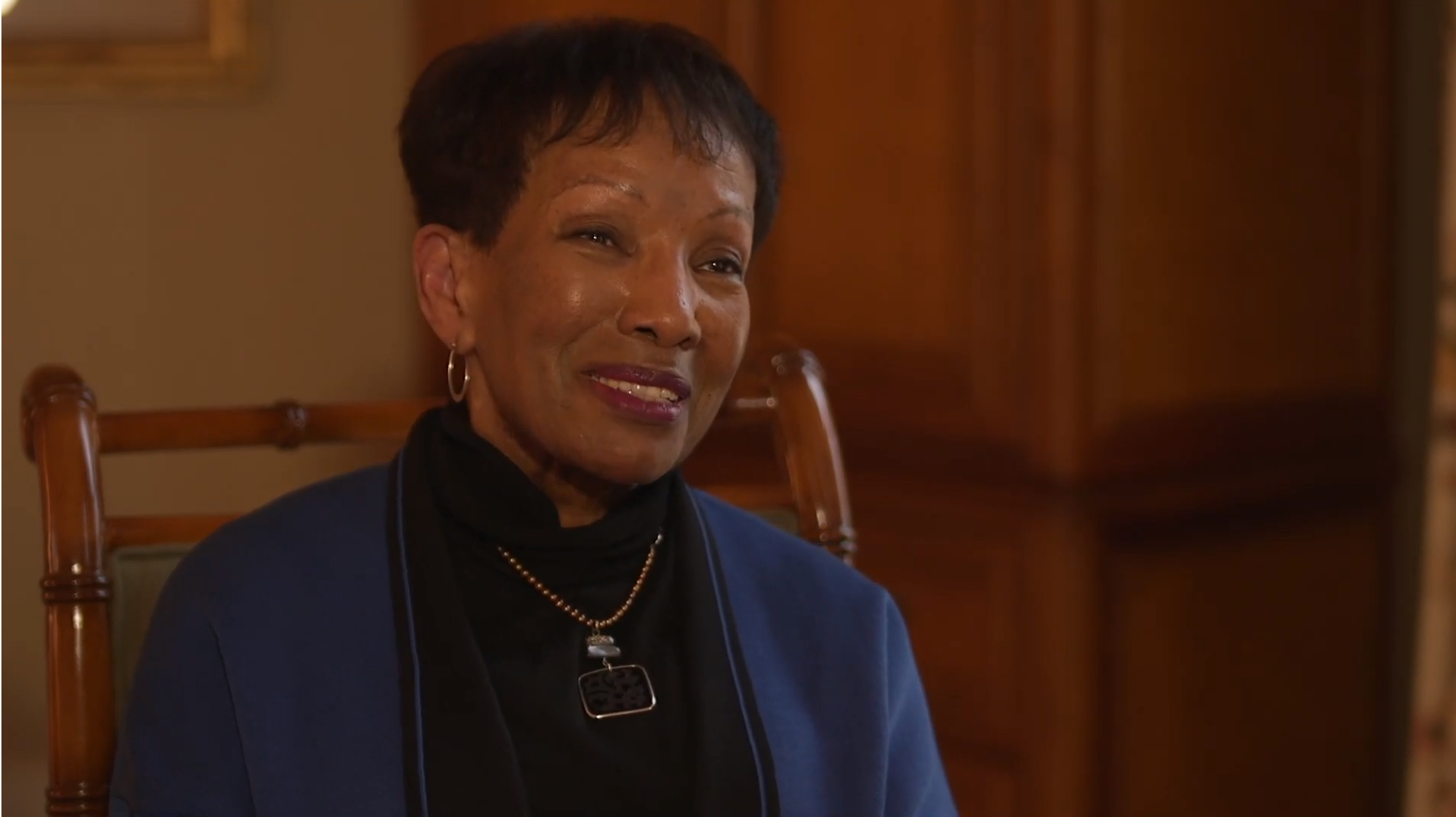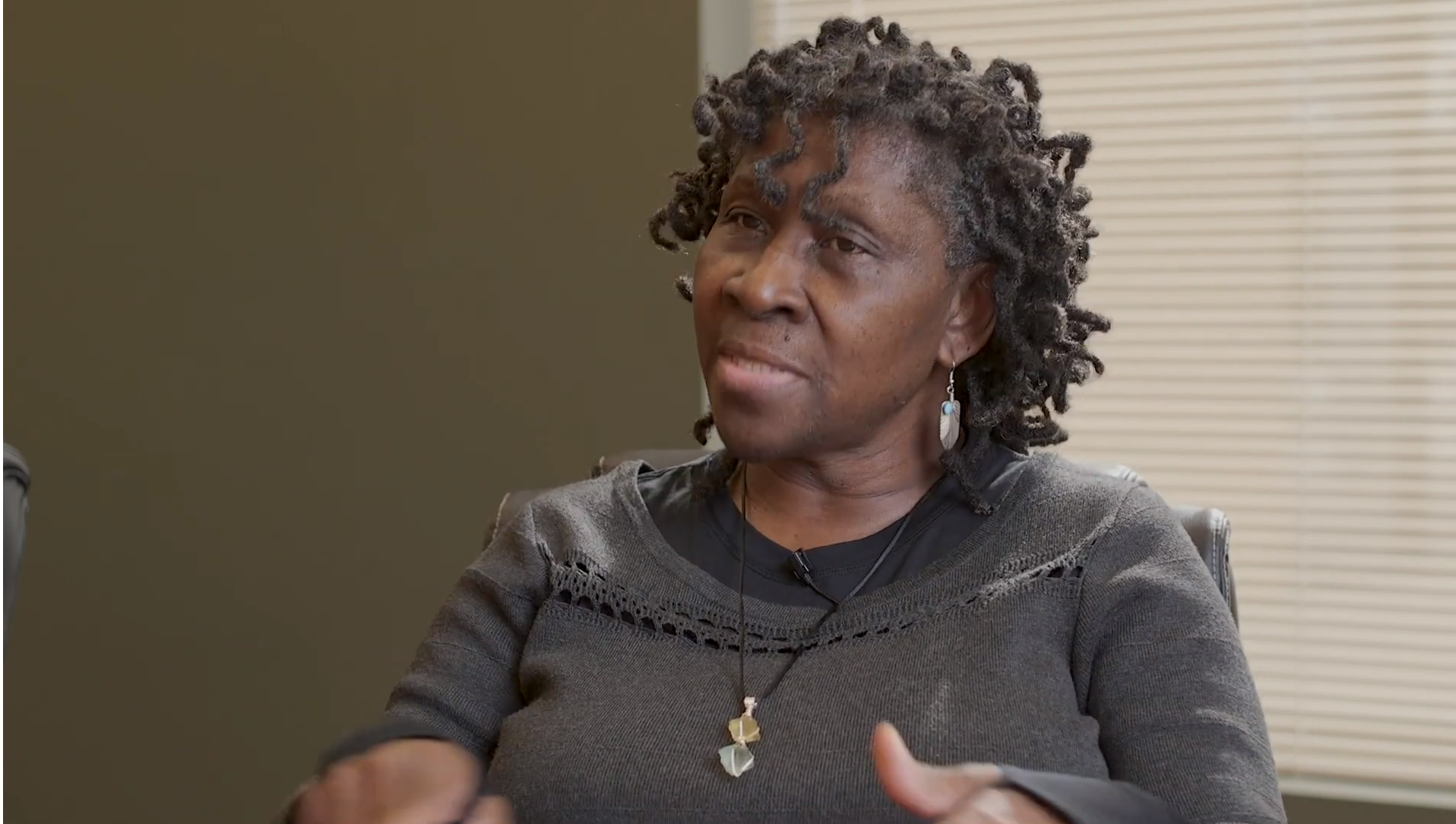Processing Each Set of Questions
In your conversation circles, take a few minutes to listen to the selected set of interviews and read the section together aloud. Then take 10 to 15 minutes to journal individually. Once everyone is finished, begin your time of sharing and listening. Take whatever amount of time is needed for everyone who wants to share to share. Remembering the Touchstones, feel free to offer an occasional “Honest, Open Question” but refrain from “fixing, saving, advising or correcting”. Most importantly, set a goal to listen deeply and develop deeper understanding of the others in your circle and of your own experiences.
The Community Circle…
Click images above to listen to stories…

Most individuals are members of many, many communities. Some of these communities may be ones we choose, some may be categories others place us into based upon ethnicity, gender identity, national origin, color, body type, religious or political affiliation, hobby interest, sports team or music preference, or any number of other characteristics that may tend to create a common or shared identity within a community. Since we are members of many communities, occasionally, we find ourselves members of communities that are in some way “at odds” with or “in tension” with each other. In this same way, we may find ourselves, by choice or by default, to be seen as “envoys” or “ambassadors” of one community within another.
- What communities are you a part of? Which communities have you chosen to be a part of? Are there communities that you are a part of because of something beyond your control? Are there communities that others mistakenly “assume” you to be a part of? What tensions exist among the intersectional communities or identities of which you are a part?
- Do you find you have or feel greater personal empathy within some of your communities than others? What creates these differences in empathy? How does empathy impact your role within a community? How does empathy impact or define your role as an “envoy” or “ambassador” between your communities?
- What kind of support do your communities bring to you? What kind of support do you bring to your communities? Has your “support” for some community ever been seen as a “threat” within another? How did you deal with this?
- Have you ever been a part of a community that challenged your role or perspective within another? Have you ever felt the need to challenge the views or actions of a particular community because of perspectives or insights you gained in another? How did that challenge play out? In what ways might your individuality or family identity create tension for you within one of your communities?


